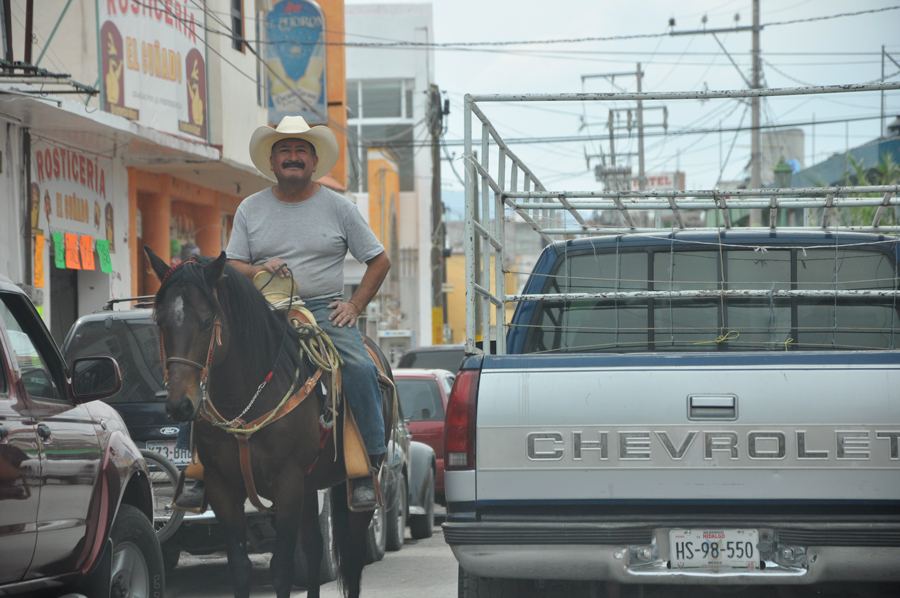Mexico—Financial Services Programme
Client: Foreign, Commonwealth & Development Office
Duration: 2019-2023
Region: Latin America and the Caribbean
Country: Mexico
Solutions: Economic Growth
There is considerable appetite in Mexico to modernize the country’s financial sector and develop its economic potential. This program aims to create a more inclusive and competitive financial services sector accessible to all segments of Mexican society and new market entrants. Expanding and opening this sector will help to reduce poverty, increase productivity, and promote inclusive social and economic development.

Sample Activities
- Increase bank usage by beneficiaries of Prospera, Mexico’s largest conditional cash transfer program, which caters to approximately 7 million people (mostly women) and their families.
- Support the implementation of the new financial technology (FinTech) law by advising Mexican authorities on further secondary regulation and its implementation.
- Support micro, small, and medium-sized enterprises and others to expand their reach and encourage the use of FinTech solutions.
Select Results
- Implemented a Financial Education Initiative using human-centered design (HCD) approaches and behavioral tools for the inclusion of young adults into Provisional Saving Systems.
- Supported the implementation of regulated Open API standards, the design, promotion, and development of the SupTech platform and activities to link Suptech and Regtech solutions, and the implementation of two editions of the Sandbox Challenge that attracted more than 300 FinTechs from Mexico, Chile, Colombia, Peru, Kenya, Singapore, Ukraine, U.S., and the U.K. and awarded 16 winners.
- Implemented Caravana FinTech—a FinTech adoption and knowledge dissemination initiative to empower MSMEs and vulnerable people, attracting more than 140 Fintechs from Mexico and other countries, deploying 53 virtual events impacting more than 3,600 people from 20 states.
The project also responded to the COVID-19 crisis by implementing a training of trainees tool to strengthen the agency of vulnerable female entrepreneurs with strategies and resources to adopt sanitary practices and manage their lives and businesses under crisis.
Featured Links
RELATED CONTENT:
Regional—AL-INVEST Next Programme Management Unit and EU-LAC Trade and Investment
The AL-INVEST Next Programme and its EU-LAC Trade and Investment Component promote a more dynamic and sustainable economic relationship between the EU and the countries of Latin America and the Caribbean.
Read More